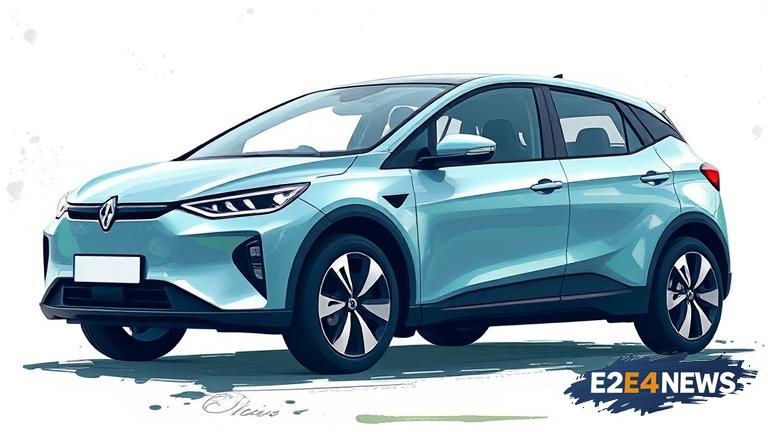The Indian government has announced a comprehensive plan to promote the adoption of electric vehicles (EVs) in the country. The plan includes a range of incentives and initiatives to encourage the use of EVs, including tax exemptions, subsidies, and investment in charging infrastructure. The government has set a target of having at least 30% of new vehicle sales be electric by 2030. To achieve this goal, the government will provide subsidies to manufacturers of EVs and charging equipment, as well as to consumers who purchase EVs. Additionally, the government will invest in the development of charging infrastructure, including the installation of charging stations along highways and in urban areas. The plan also includes measures to promote the use of EVs in public transportation, such as buses and taxis. The government will provide subsidies to state governments to purchase EVs for public transportation, and will also encourage private companies to invest in EV-based public transportation services. Furthermore, the government will establish a network of EV charging corridors along major highways, to facilitate long-distance travel by EVs. The plan also includes measures to promote the use of EVs in rural areas, such as the provision of subsidies to farmers to purchase EVs for agricultural use. The government will also establish a system for monitoring and evaluating the progress of EV adoption in the country. The plan is expected to have a significant impact on the environment, as EVs produce zero tailpipe emissions and can help to reduce air pollution in urban areas. The plan is also expected to have economic benefits, as it will create new jobs and stimulate investment in the EV industry. The government has estimated that the plan will create over 1 million new jobs in the EV sector by 2030. The plan has been welcomed by the automotive industry, which sees it as a major opportunity for growth and development. However, some experts have raised concerns about the feasibility of the plan, citing the need for significant investment in charging infrastructure and the lack of availability of EV models in the market. Despite these challenges, the government is confident that the plan will be successful, and has committed to providing the necessary support and resources to achieve its goals. The plan is part of a broader effort by the government to reduce the country’s dependence on fossil fuels and promote the use of renewable energy. The government has set a target of generating 40% of the country’s electricity from non-fossil fuels by 2030, and is investing heavily in renewable energy sources such as solar and wind power.





